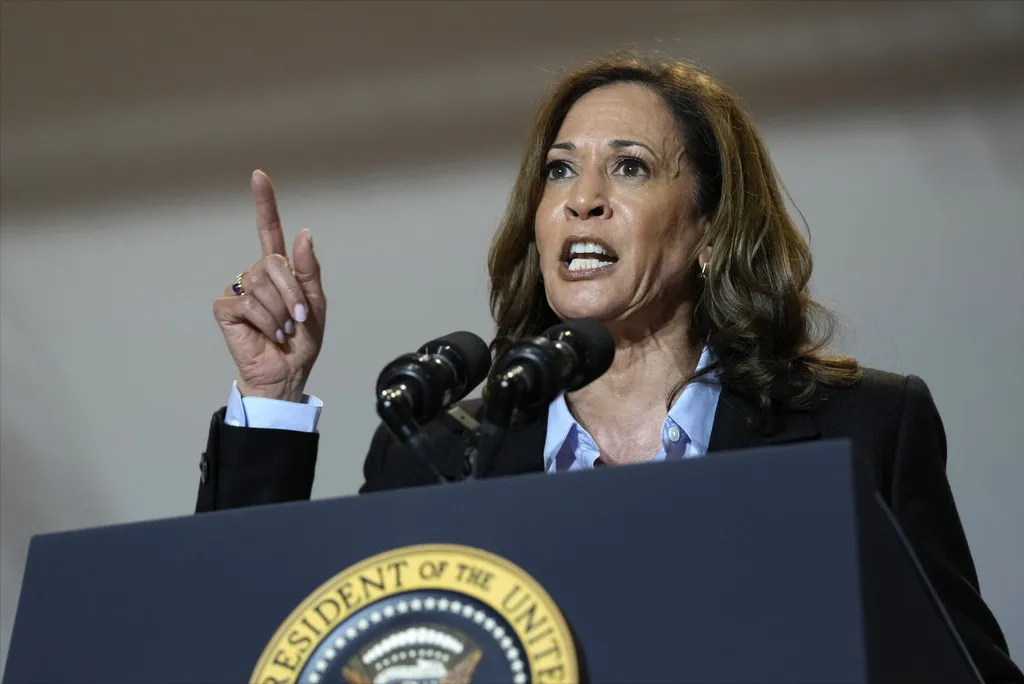Kamala Harris's Unrealized Gains Tax: Implications for All Investors

Understanding the Unrealized Gains Tax
Kamala Harris's proposal for a tax on unrealized capital gains raises alarm bells across the investment community. This policy proposal is portrayed as a measure targeting the ultra-wealthy, yet a closer look reveals potential consequences for ordinary investors.
Historical Context of Asset Taxation
Historically, taxes designed to impact a small group ultimately have broader implications. The Spanish-American War Tax is an example; initially aimed at wealthy telephone users, it morphed into a permanent fixture affecting all consumers. The same pattern applies to income taxes, originally targeting only the affluent but now encompassing vast sections of the population.
Impact on Investors
- The unrealized gains tax could compel wealthy investors to sell assets to cover tax liabilities, leading to market instability.
- Retirement investors could see depreciated asset values as a result of this forced selling.
- Historical precedents indicate that such taxes eventually expand, placing financial burdens on everyday Americans.
Risks of Expanding Tax Structures
The unrealized gains tax aims to tax wealth accumulation based solely on market value, raising questions about fairness in taxation. Without safeguards, it may not just ensnare the intended target audience. The repercussions of such fiscal policies ultimately cast a wide net, affecting average American households.
Lessons from historical tax frameworks suggest vigilance is necessary to guard against overreach in fiscal policy. As proposals unfold, it becomes crucial to consider their implications not just in the present, but also how they might impact the economic landscape in the future.
This article was prepared using information from open sources in accordance with the principles of Ethical Policy. The editorial team is not responsible for absolute accuracy, as it relies on data from the sources referenced.